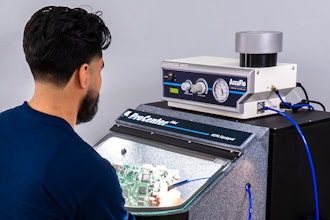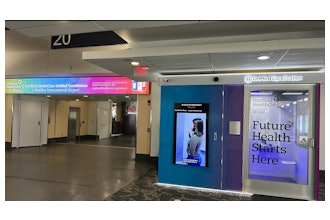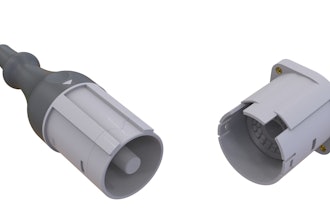
Endo Health Solutions Inc. (EHSI) was ordered today to pay $1.086 billion in criminal fines and an additional $450 million in criminal forfeiture — the second-largest set of criminal financial penalties ever levied against a pharmaceutical company —for violations of the Federal Food, Drug and Cosmetic Act related to the distribution of the opioid medication Opana ER with INTAC (Opana ER).
EHSI pleaded guilty on April 18 to one misdemeanor count of introducing misbranded drugs into interstate commerce. In pleading guilty, EHSI admitted that from April 2012 through May 2013, certain EHSI sales representatives marketed Opana ER to prescribers by touting the drug’s purported abuse deterrence, tamper resistance and/or crush resistance, despite a lack of clinical data supporting those claims.
EHSI’s corporate affiliates emerged from bankruptcy on April 23. EHSI will cease to operate in its current form and will not emerge from bankruptcy. Payment of the criminal fine imposed at sentencing is addressed as a component of the broader resolution resolving all monetary claims held by the United States against the corporate entities. In addition, as part of the confirmed bankruptcy plan, the new company has funded voluntary trusts in settlement of opioid-relating claims, including public trusts that will pay over $450 million to state, municipal and Tribal entities to help fund programs to abate the opioid crisis. The department is crediting up to $450 million of such payments against the agreed forfeiture amount. The EHSI affiliates that have emerged from bankruptcy are subject to an injunction restraining future opioid sales and marketing and requiring the publication of millions of documents relating to its role in the opioid crisis.
“The opioid epidemic has caused substantial harm to the American people, and the companies whose unlawful tactics contributed to it must be held accountable,” said Principal Deputy Assistant Attorney General Brian M. Boynton, head of the Justice Department’s Civil Division. “EHSI’s criminal guilty plea, and the sentence imposed upon it, further emphasizes the department’s commitment to prosecuting companies whose illegal conduct contributed to the opioid crisis.”
“The opioid crisis we continue to face today originated, in part, from companies like EHSI building their business on false claims and deceptive business practices,” said DEA Administrator Anne Milgram. “By intentionally misrepresenting opioid medications, EHSI prioritized profits over the health and well-being of the American people. Today’s settlement reflects DEA’s commitment to keep Americans safe and holding companies like EHSI accountable.”
“The sentencing in this case demonstrates the level of commitment FDA shares with our Department of Justice colleagues to address the opioid overdose crisis in the United States,” said Associate Commissioner Michael Rogers of FDA’s Office of Regulatory Affairs. “ENDO Health Solutions did not provide accurate information about the safety and abuse potential of their product, putting patients at additional risk of abuse and addiction. Such conduct undermines the agency’s public health mission and will not be tolerated. We will aggressively pursue and bring to justice those who knowingly endanger the nation’s public health.”
In pleading guilty, EHSI admitted that certain sales managers were aware that the sales representatives were making claims of purported abuse deterrence, tamper resistance and/or crush resistance when marketing Opana ER to prescribers, and that certain sales representatives were striking non-medicated sample pills with hammers and conducting other demonstrations to convey the message that Opana ER was, in fact, crush proof and tamper resistant. The approved labeling for Opana ER did not provide adequate information for healthcare providers to safely prescribe Opana ER for use as an opioid that is abuse deterrent. According to the plea agreement, EHSI was responsible for the misbranding of Opana ER by marketing the drug with a label that failed to include adequate directions for its claimed abuse deterrence use, in violation of the FDCA.






















